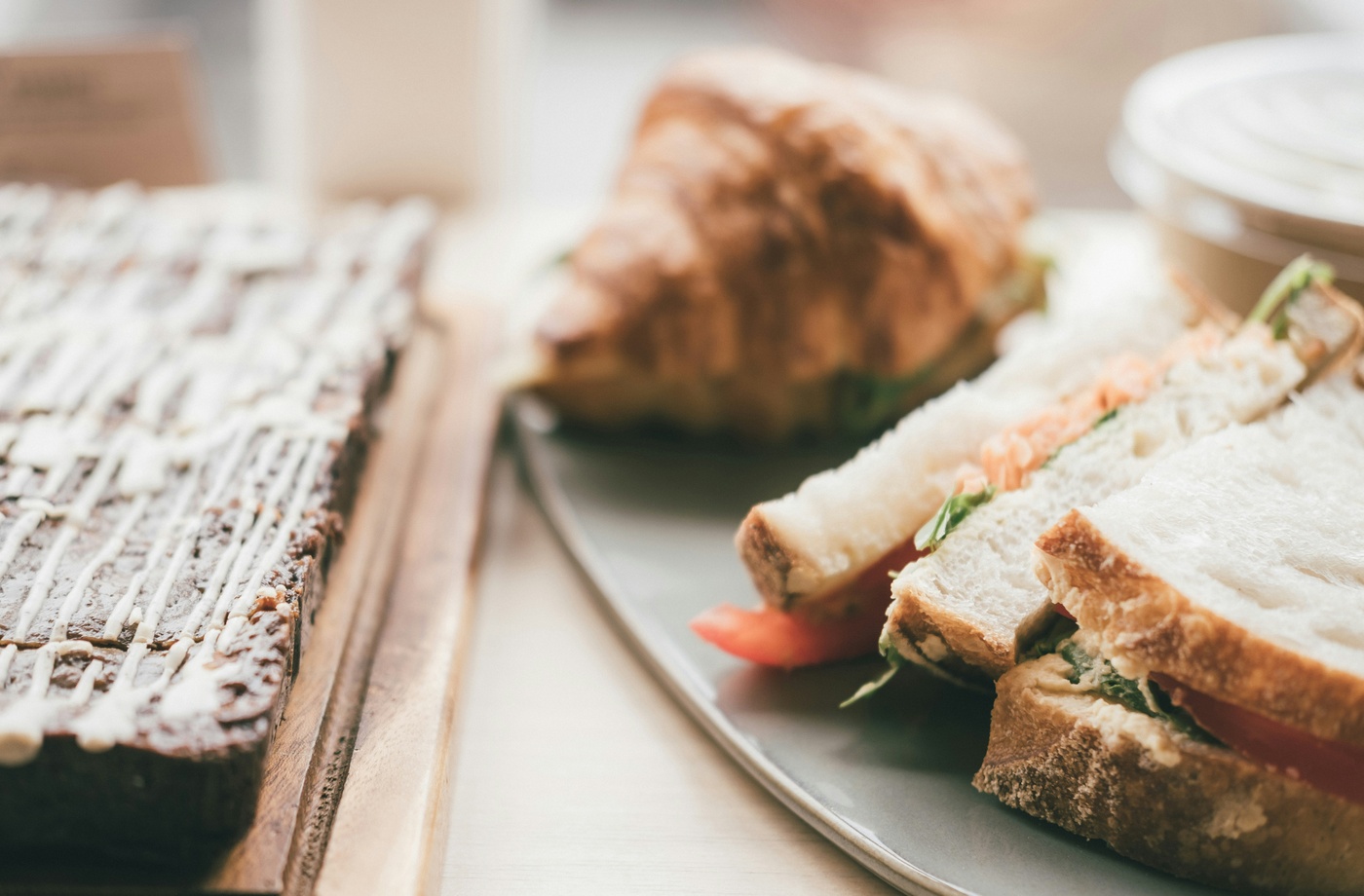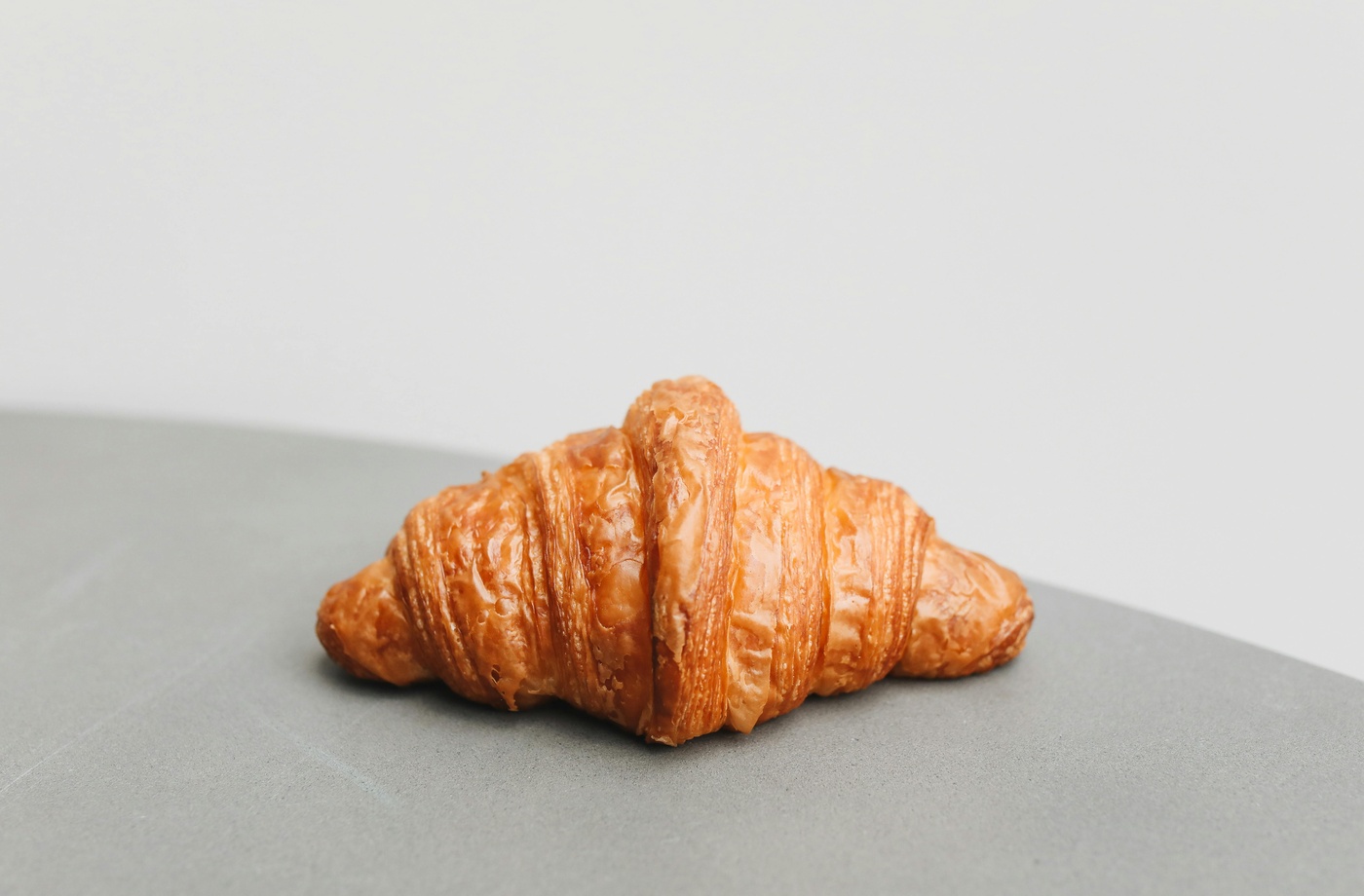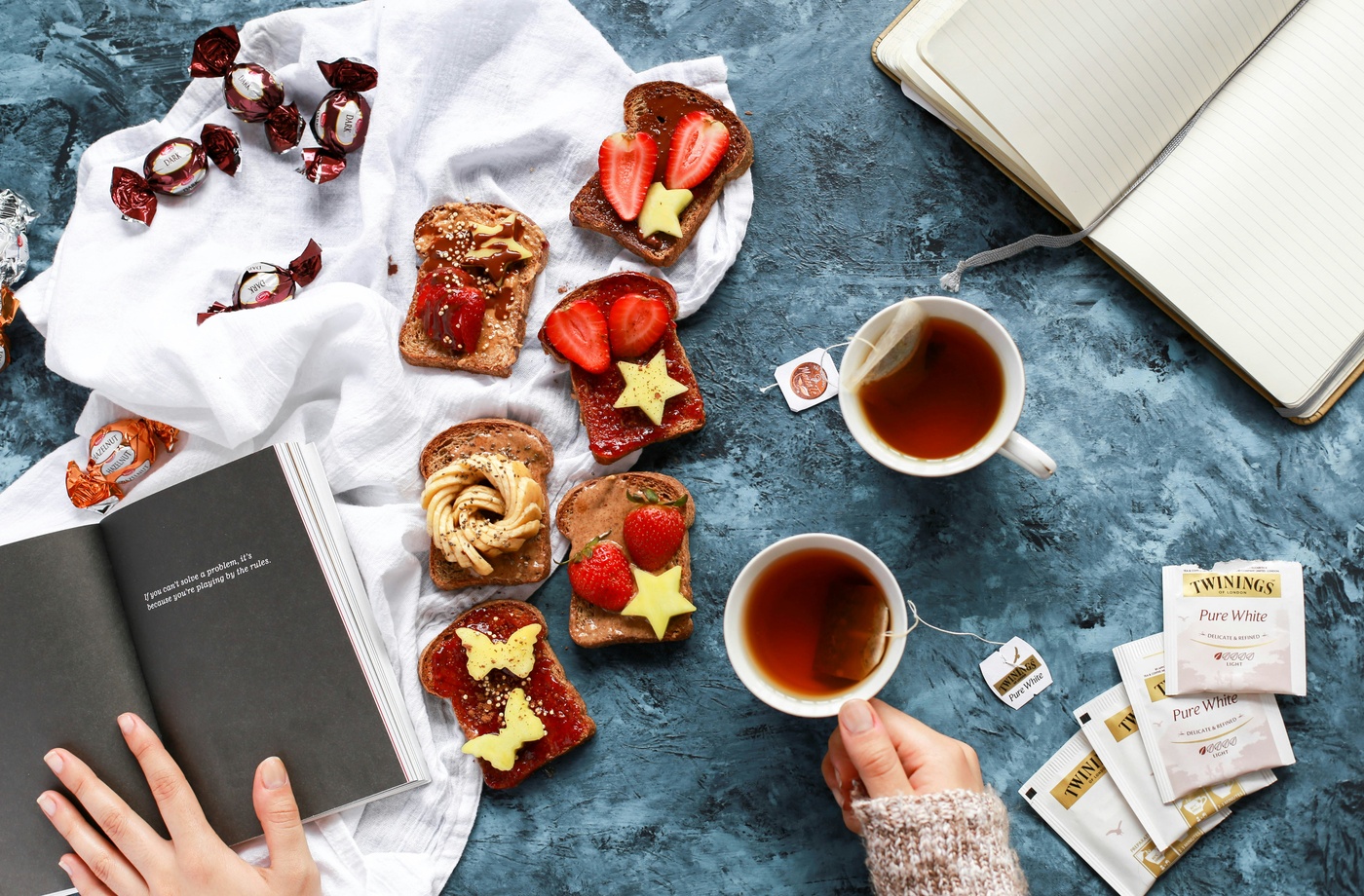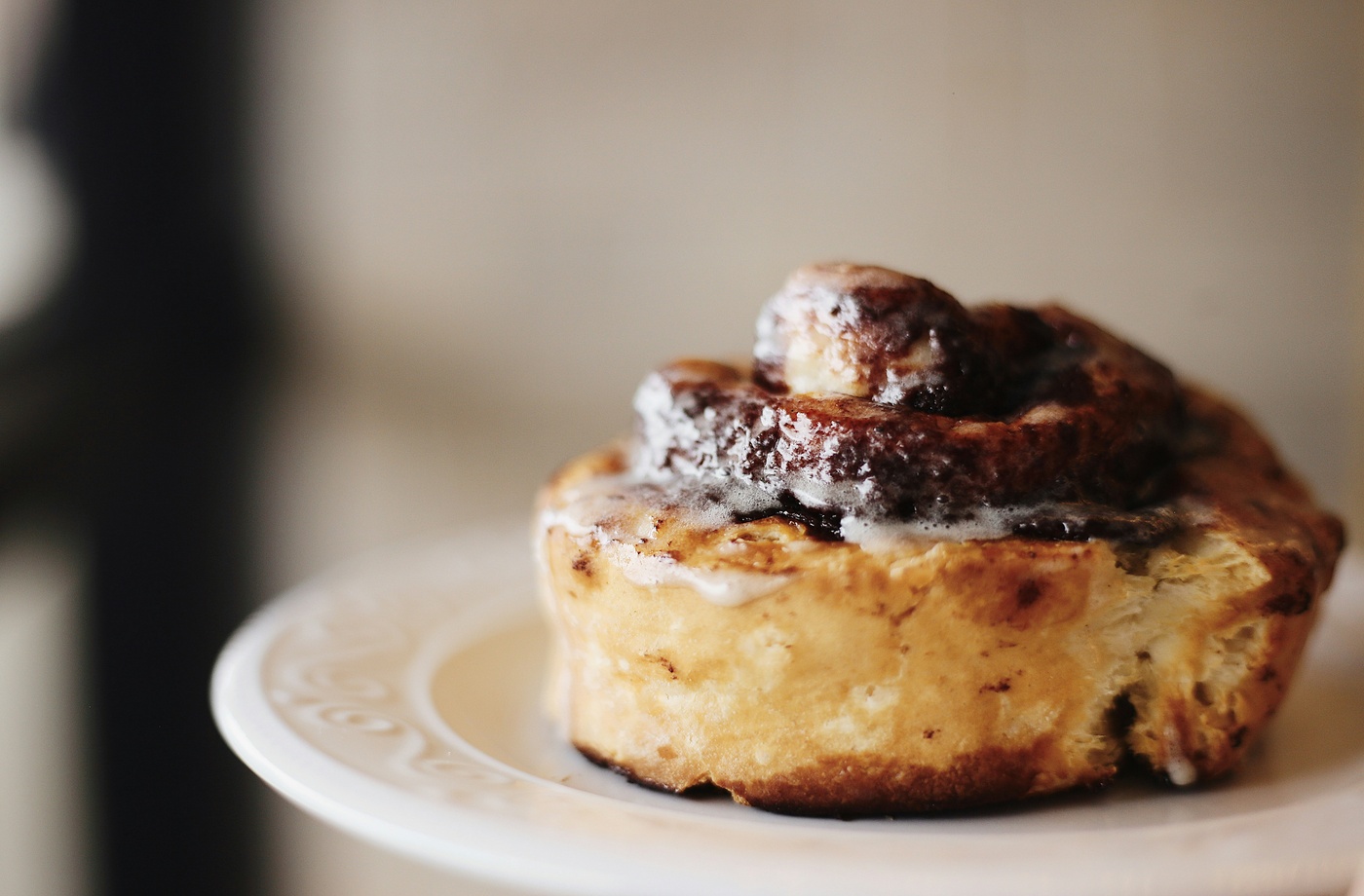The scent of warm cinnamon, the texture of a buttery crust, the sight of a recipe card stained from years of use—these are more than just culinary details. They are emotional bookmarks. Baking, more than many other forms of cooking, often holds a mirror to memory. The pastries we bake aren’t just about flavor—they’re about the people, places, and feelings we associate with them.
Here’s why baking from memory continues to shape how and what we bake, generation after generation.
Baking as a Family Heirloom
Many home bakers begin their journey by learning a grandparent’s pie crust technique or helping a parent roll out sugar cookies. These early experiences not only build foundational skills but also embed emotional connections. In fact, recipes passed down through families often carry more weight than their ingredients—acting as living traditions rather than just instructions.
If you’re looking to revive a forgotten family recipe, consider recording it with context. Sites like StoryCorps encourage families to document stories, including culinary traditions, for future generations.
The Role of Nostalgia in Taste
Scientific studies suggest that smell and taste are closely linked to emotional memory. A bite of lemon pound cake might instantly transport someone to childhood summers at their grandmother’s house. That’s why foods we associate with comfort tend to be the ones we return to again and again. You’re not just tasting the pastry—you’re tasting the moment it represents.
Why We Recreate Instead of Reinvent
While food trends come and go, nostalgic baking sticks around. Think: pound cake, linzer cookies, thumbprint jam cookies, and rustic fruit tarts. These pastries hold cultural and personal meaning, giving them staying power in our kitchens. For heritage-inspired baking, explore recipes from Smitten Kitchen or The Kitchn that embrace old-fashioned simplicity.
How to Honor a Recipe While Making It Your Own
Even when following an heirloom recipe, there’s room to adapt. Maybe you add lemon zest to your great-aunt’s shortbread, or substitute einkorn flour to modernize a classic cake. The act of baking can bridge past and present—reminding you where you came from while allowing space for your own voice.
Creating New Memories Through Baking
Tradition doesn’t need to be old. Even if you didn’t grow up with a baking heritage, you can create your own. Hosting a Sunday baking ritual, baking holiday treats with kids, or perfecting a birthday cake recipe every year are all ways to start new traditions.
If you’re stocking up on ingredients to start your own baking legacy, consider using cashback tools to make it sustainable. You can earn cashback at Kroger with a Fluz gift card or get a Whole Foods gift card with cashback to stretch your pantry budget without compromising quality.
Conclusion
Baking is more than flour and sugar—it’s a way to remember. The pies and pastries we make often carry the essence of people and places long past, reminding us that some of life’s most meaningful stories are told not with words, but with warm dough and powdered sugar.



